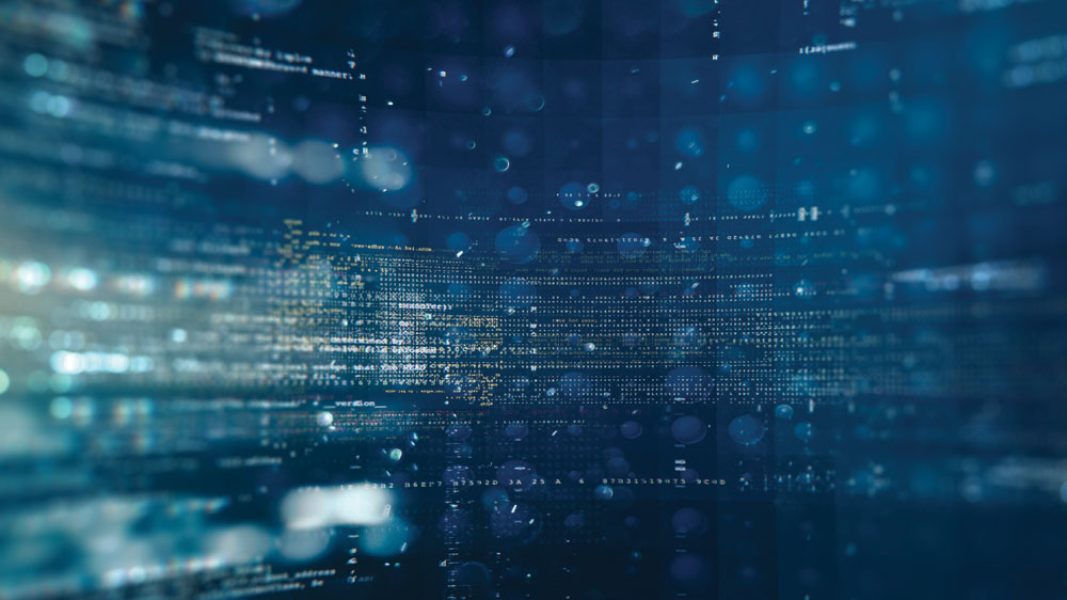What is the object of the project?
The object of the project is the implementation of a platform to help address the issue of disinformation. The platform will collect content from social media, the internet and the systems of the Global Media Center (GMC) project and provide tools to help detect disinformation incidents.
Overall, the platform will support the following functionalities:
- Data aggregation, including from online sources (web, blogs) and social media, along with thematic categorization (tagging & archiving). The main data source will be the GMC project systems and direct data retrieval refers to data that cannot be collected via these systems.
- Categorization of the collected content based on the topic and keywords (tagging), stored in a digital repository with a multi-criteria search functionality.
- Storage of content that is being reviewed and content that has already been reviewed within the platform and easy retrieval using multiple criteria (filters).
- Collaboration between multiple users and departments within the Ministry via a single collaborative platform with message exchanging and content commenting features.
- Artificial intelligence tools:
o Detection of fake or synthetically generated multimedia content (deepfakes) in image, video or audio format.
o Automatic location estimation (Geolocation) based on images or video.
o Image analysis and reverse search function to identify previous use.
o Identification of claims in text and cross-checking them against verified claims via linked repositories of verified disinformation incidents.
o Automatic speech to text functionality for further analysis and processing.
o Trend detection capability based on aggregated data (news and social media content) that is automatically fed into the system in predefined topics, allowing users to identify and analyze emerging trends in real time.
o Topic detection and automatic grouping of content (tweets, articles, posts, etc.), allowing for further analysis by the user.
o Mapping of news/content propagation paths (propagation graphs).
o Community detection to identify sources of content dissemination on social media.
o Automated report generation based on the data resulting from detected disinformation incidents.
o Detection of automated accounts (bots) on social media.
o Automatic translation of texts.
o Option to add a sentiment analysis function – Interoperability with the corresponding systems of the Global Media Center project. - Publishing and distribution of content across multiple delivery channels such as Web, RSS, Podcasting, Email, Social Media Accounts, Mobile, tablets, Digital signage and print.
What is the purpose of the project?
Disinformation incidents can severely impact the image and reputation of public figures, social groups, institutions or countries, but can also affect public sentiment, sometimes leading to extreme behaviors posing immediate and multifaceted risks. International practice demonstrates the need for action to combat disinformation.
To reinforce the country’s defenses against disinformation, the proposal is to implement a solution that will enable the immediate detection of disinformation incidents that aim to damage Greece’s international image.
What are the expected benefits of the project?
With this project, the Ministry of Foreign Affairs will benefit from:
- Immediate detection of disinformation incidents that aim to damage the country’s international image.
- Monitoring the spread of disinformation on social media.
- Assessing public opinion and the impact of fake news. In combination with the content distribution subsystem of the GMC, it will enable rapid dissemination of the MFA’s positions to the relevant services (e.g. embassies, consulates), ensuring timely and consistent communication across all available channels. Given the large number of services (127 embassies and consulates, 59 Offices for Economic and Commercial Affairs and 29 Public Diplomacy Offices), which are scattered around the globe, the platform’s simultaneous cross-channel publishing functionality ensures highly efficient communication and information dissemination.
- Coordination of diplomatic actions to advocate for positions in international organizations, committees and fora where decisions are made.
- National policy making and stance taking on major issues.








